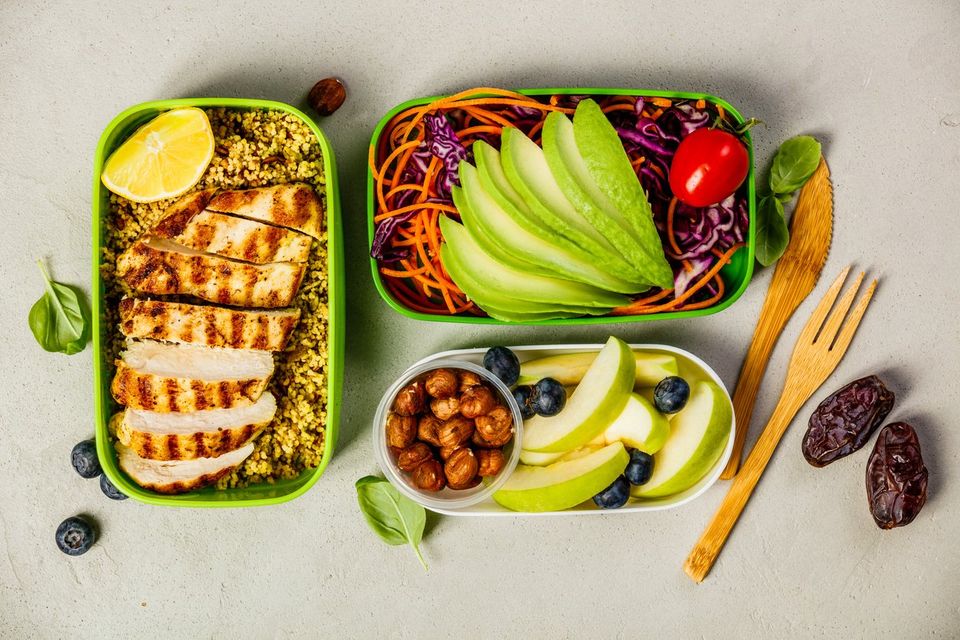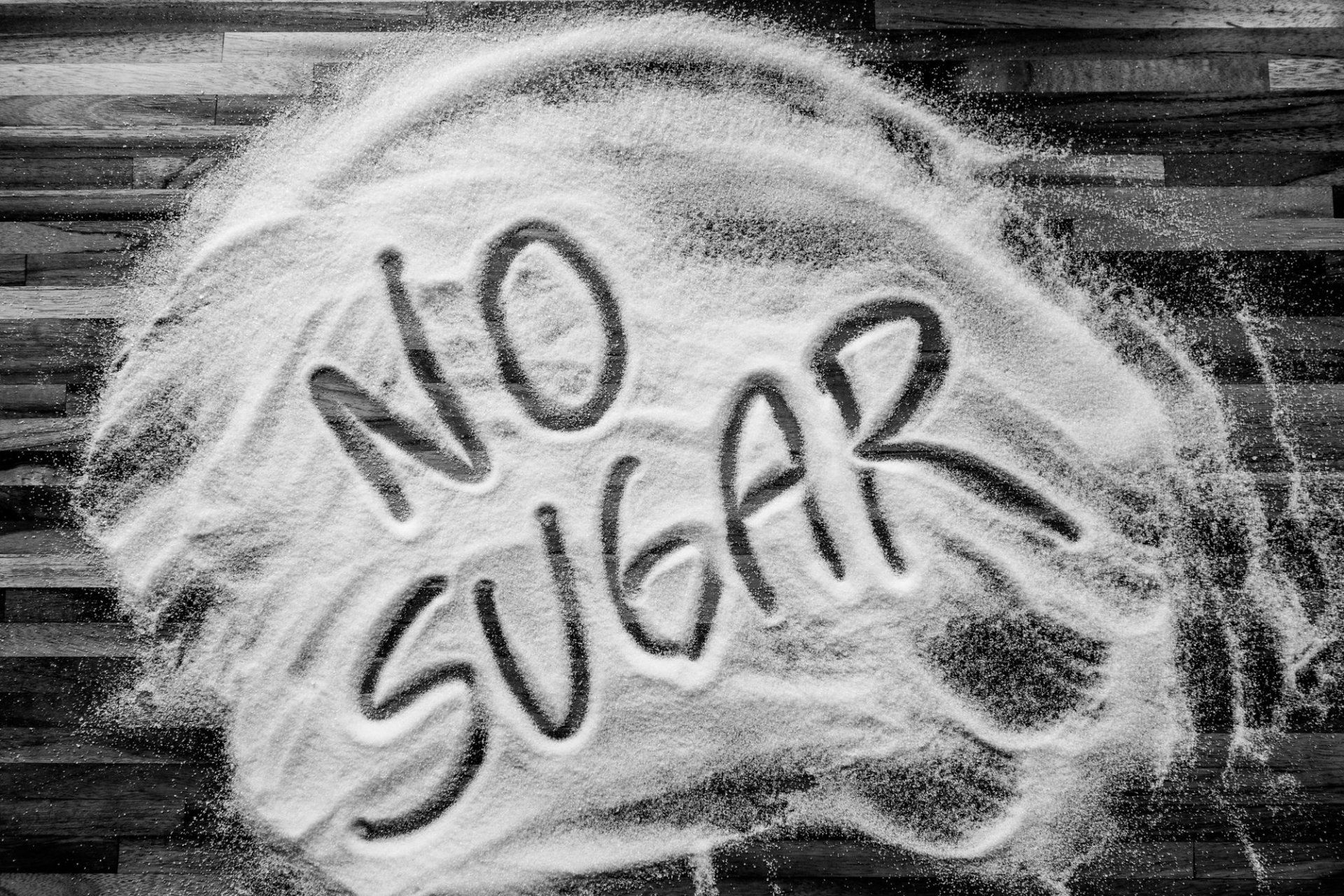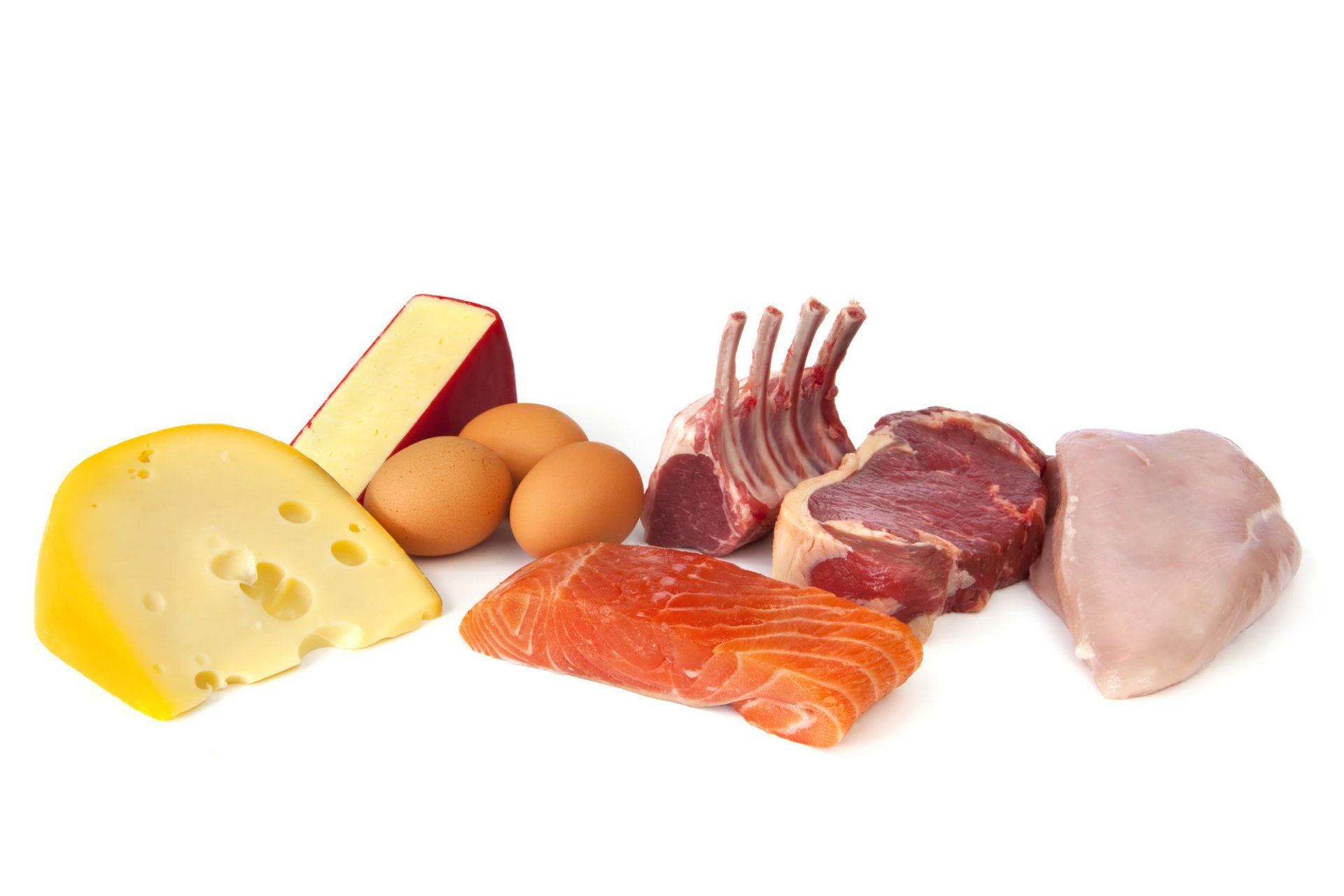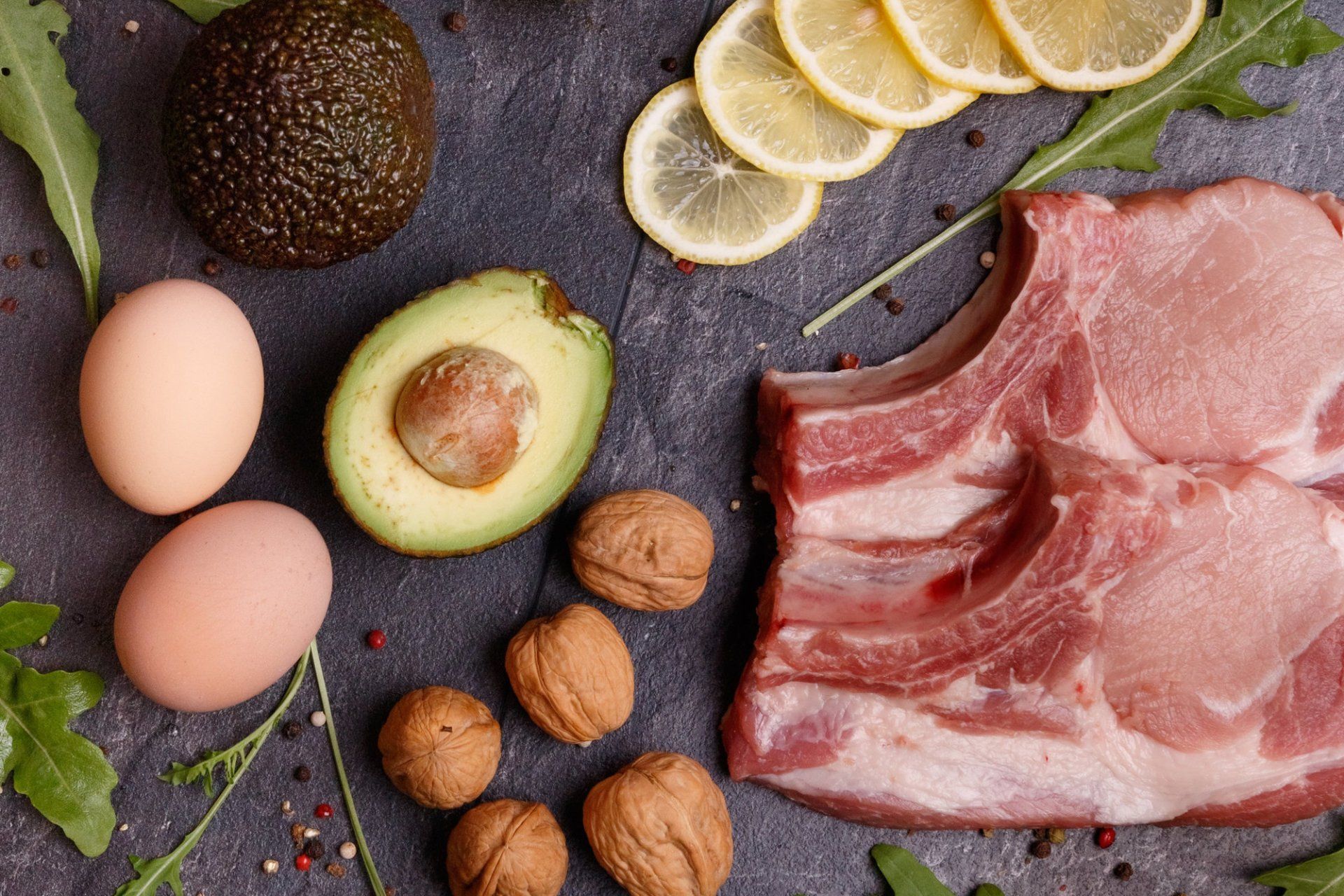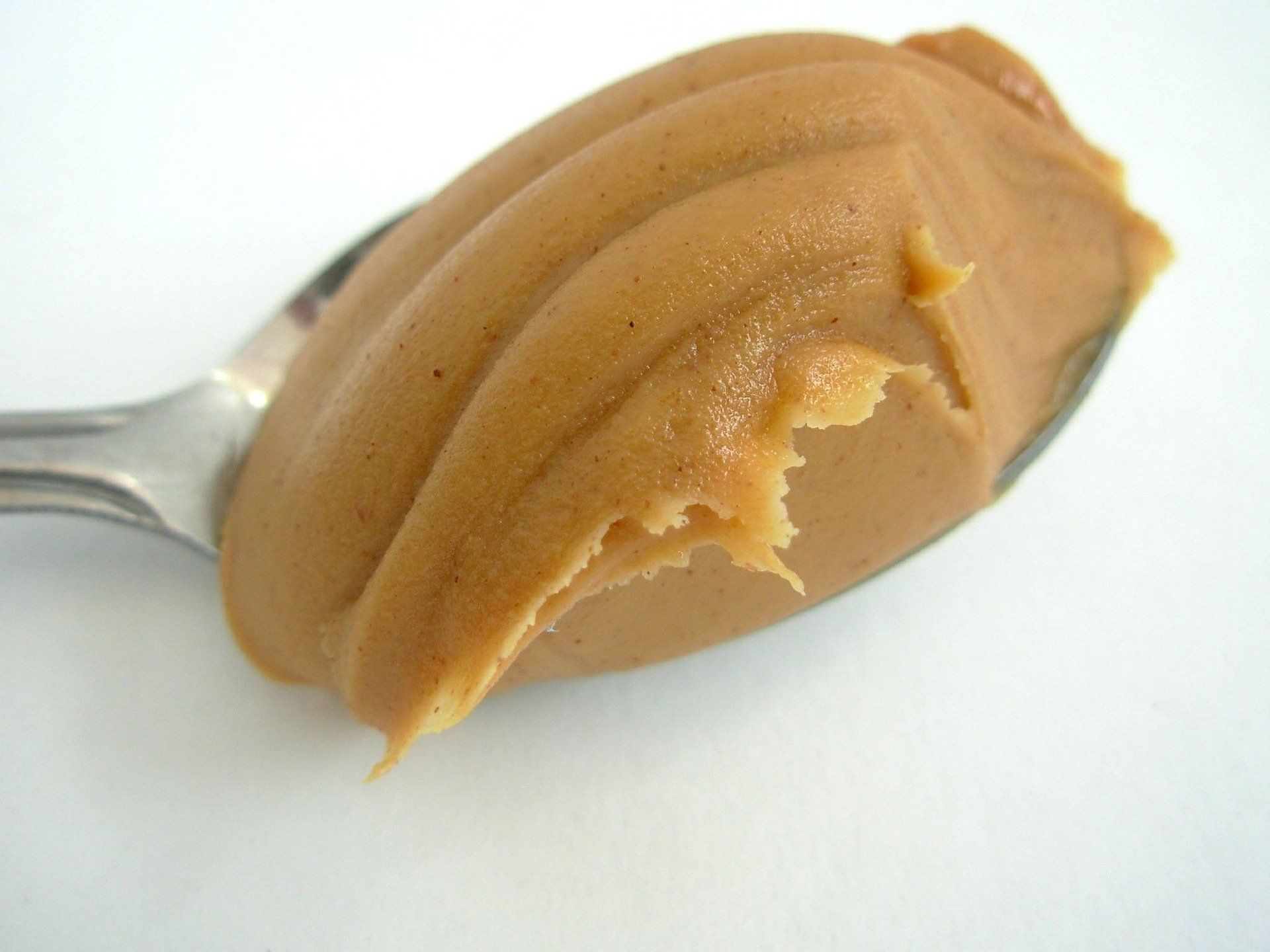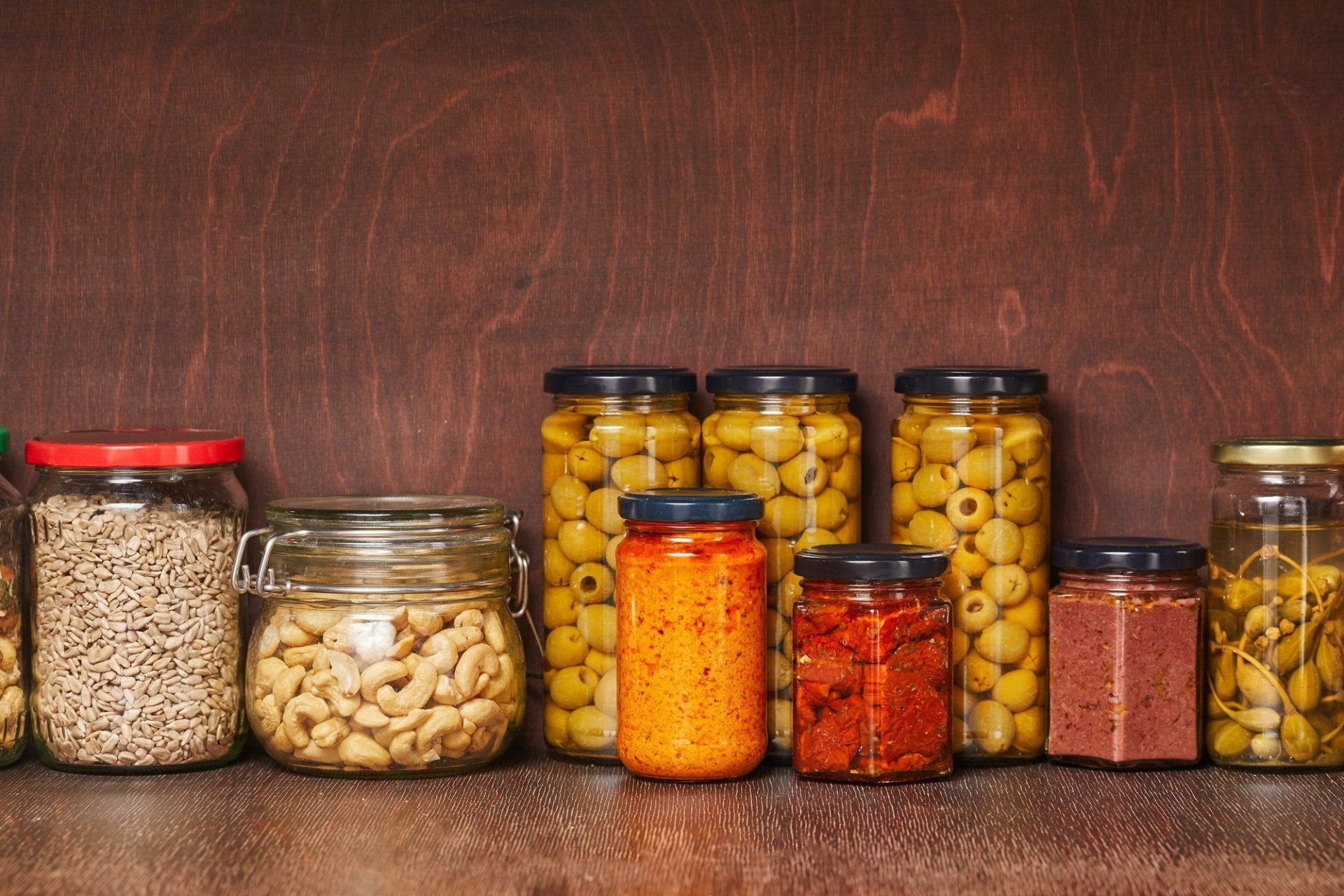Blog Layout
Demystifying Keto Myths
April 23, 2019
When it comes to navigating through the many diets available today, you can find almost anything to fit your needs. The Keto diet has gained quite a bit of attention lately. There are some who claim that it is one of the best decisions they have made and feel better than they've ever felt after starting the diet. There are still others who are skeptical and believe that it is an extreme diet with too many downsides that make it dangerous and unsustainable in the long run. These myths originate from a lack of understanding about how the diet works and incorrectly following the diet. Before we debunk the 6 most common myths, let's take a moment to understand what the keto diet is.
The fundamentals of the keto diet
The Keto diet was first developed in the 1920's by a group of reputable researchers at John Hopkins. It was created as a method to help patients who suffered from epilepsy. The premise the diet is that is a carbohydrate restricted diet. Normally, the body uses glucose, which comes from carbohydrates, as its main energy source. When you restrict carbohydrate intake your body must look for an alternative food source. The body's fat is turned into ketones which are then used for energy. This is called entering the desired state of ketosis.
One of the most well-known benefits of the diet is substantial and relatively quick weight loss. Other benefits include improved quality of sleep, cognitive function, and more energy. In addition to helping patients with epilepsy, the Keto diet has been reported to help in the prevention of certain diseases such as cancer, diabetes, heart disease, and certain neurological disorders. Now that you understand the principles behind the Keto diet and its benefits, let's take a look at the most common myths associated with the diet.
The keto diet is dangerous to your health
This is the number one myth that deters those interested from following the Keto diet. There is a common misconception that this diet sends your body into ketoacidosis. This is a dangerous condition in which your body is not receiving enough insulin and your body produces excess ketones. The Keto diet does not send your body into ketoacidosis, but rather a state of nutritional ketosis in which your body uses fat for fuel as opposed to glucose.
The second common misconception is that because it is a high-fat diet, it is bad for your health. Yes, it is a high-fat diet, but we aren't talking about cookies, cake, and ice cream. We are talking about foods high in good fat which your body needs. Sources of good fat include fatty fish such as salmon, walnuts, cheese and more.
The diet is unsustainable long term
This is a myth that is derived from the belief that the Keto diet is so extreme in terms of its restrictions that it deprives the body in such a way that no one is able to stick with it long-term. When followed correctly, the Keto diet offers plenty of variety, meets 100 percent of your nutritional needs, and keeps you feeling satisfied. Remember that it is not calorie restrictive and furthermore should be viewed as a lifestyle change as opposed to just a diet.
You will always feel hungry
Actually, the Keto diet is designed to keep you feeling satisfied for longer periods of time. It is important to remember that this is not a calorie restrictive diet, but rather a carbohydrate restricted diet. It's all about choosing the right foods to eat. It's also important to note that you should never eat just to eat, but rather only eat when you are hungry. If you do find yourself hungry between meals, snack on a food that is high in good fats such as nuts.
It is a high protein diet
When most people hear a low carb diet, they instantly think high proteins. This is not true of the Keto diet. In fact, you are supposed to only eat protein in moderation. If you consume an excess amount of protein, the body will convert it into glucose. In the Keto diet, protein should make up about 20 percent of your daily diet.
You have only a few food options
No, you are not restricted to eating just a few foods from here on out. Keto dieters enjoy a delicious variety of healthy foods. Seafood, poultry, beef, cheese, avocados, eggs, low-carb veggies, yogurt, nuts, seeds, berries, and even coffee and tea are just a few of the foods that are keto approved. The foods you enjoy on the diet are wholesome, fresh, and either minimally processed or not processed at all.
What you are giving up when you choose this lifestyle is highly processed foods that are high in sugar and carbohydrates.
You can have a cheat day
In most diets, people have cheat days where they can binge on their favorite foods that they've been missing out on. This is a way to fight with feelings of deprivation when it comes to food. Cheat days are not recommended with the Keto diet, and here's why. When you are properly following the Keto diet, your body is in a state of ketosis (not to be confused with ketoacidosis). Even one day of consuming higher than recommended amounts of carbs will put excess glucose into your system and throw your body out of ketosis.
If you do slip up, do not give up hope. You can get your body back into a state of ketosis just as you did the first time. The Keto diet is a healthy lifestyle changed as opposed to a quick weight loss fad diet. It is about eating for necessity as opposed to giving in to cravings.
The makings of a healthy lifestyle
When followed correctly, the Keto diet offers many benefits to your physical, emotional, and mental well-being. As with any diet, if you follow it incorrectly it can be dangerous. The Keto diet is more than just a diet, it is a plan for a healthy lifestyle so that you can live your best life. Check out the my podcast
and Instagram
for more conversations, tips and personal stories.
Share
Tweet
Share
Mail
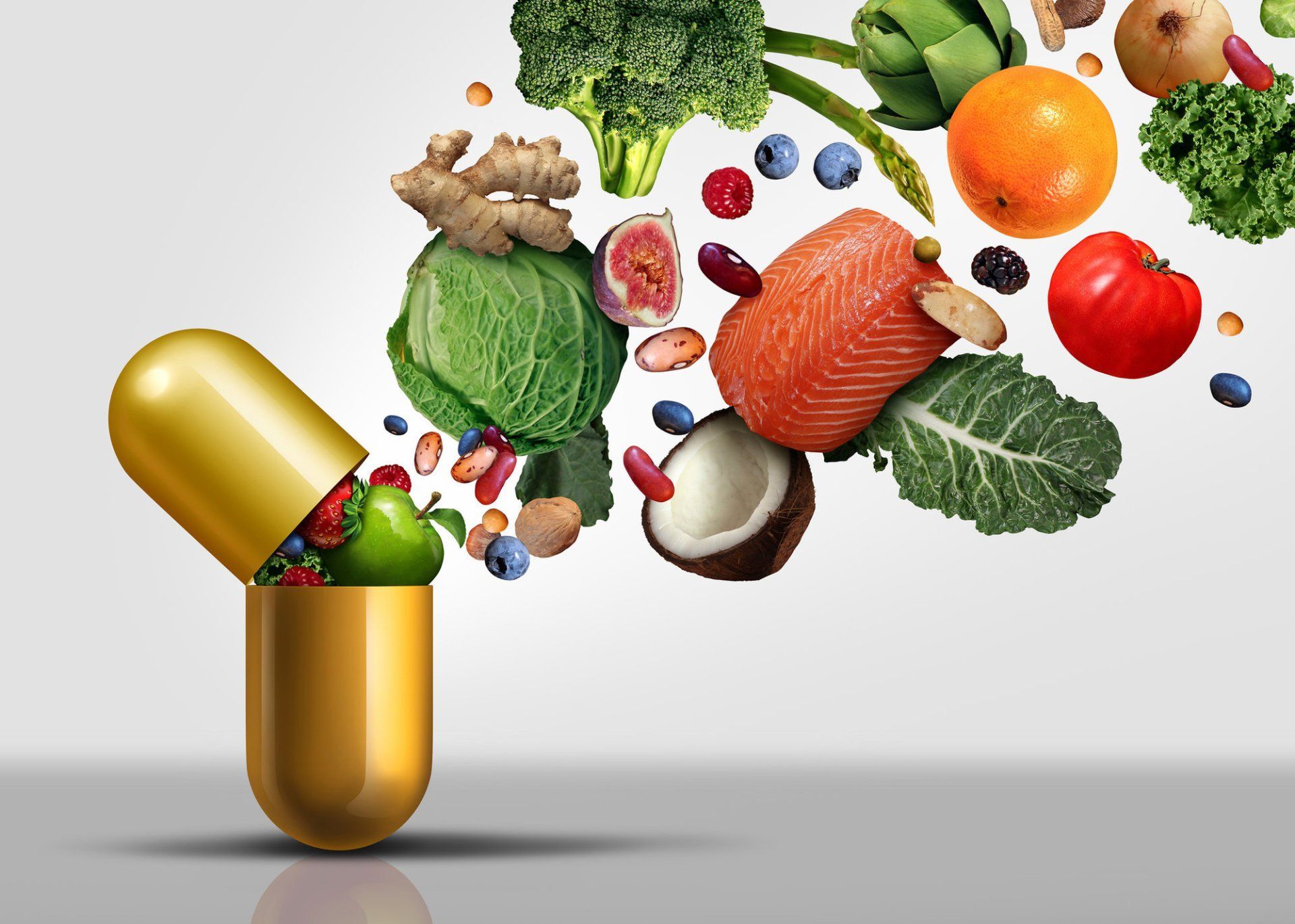
February 17, 2020
In theory, if you follow a well-balanced, varied diet eating the keto way, you should be able to get all the vitamins and nutrients your body needs from your food. In reality, with hectic schedules, social and family commitments, and society's fast-paced lifestyles, you may not be able to get everything you need from the food you eat simply due to lack of time to shop and prepare the right foods. We are going to take a look at a comprehensive list of supplements that people who follow the keto lifestyle may find helpful to balance their diet to ensure they are getting all the nutrients their bodies need to stay healthy and strong. We will break down each supplement and discuss what benefits there are to taking them regularly and what they do for the body. Please take note that although we are listing 13 different supplements, not everyone needs all of them. It is not necessary to run out and stock up on a dozen different supplements. You may only need one or two. We suggest you evaluate the list and determine which ones address health concerns you have for yourself and which ones may help with physical issues you are currently experiencing.
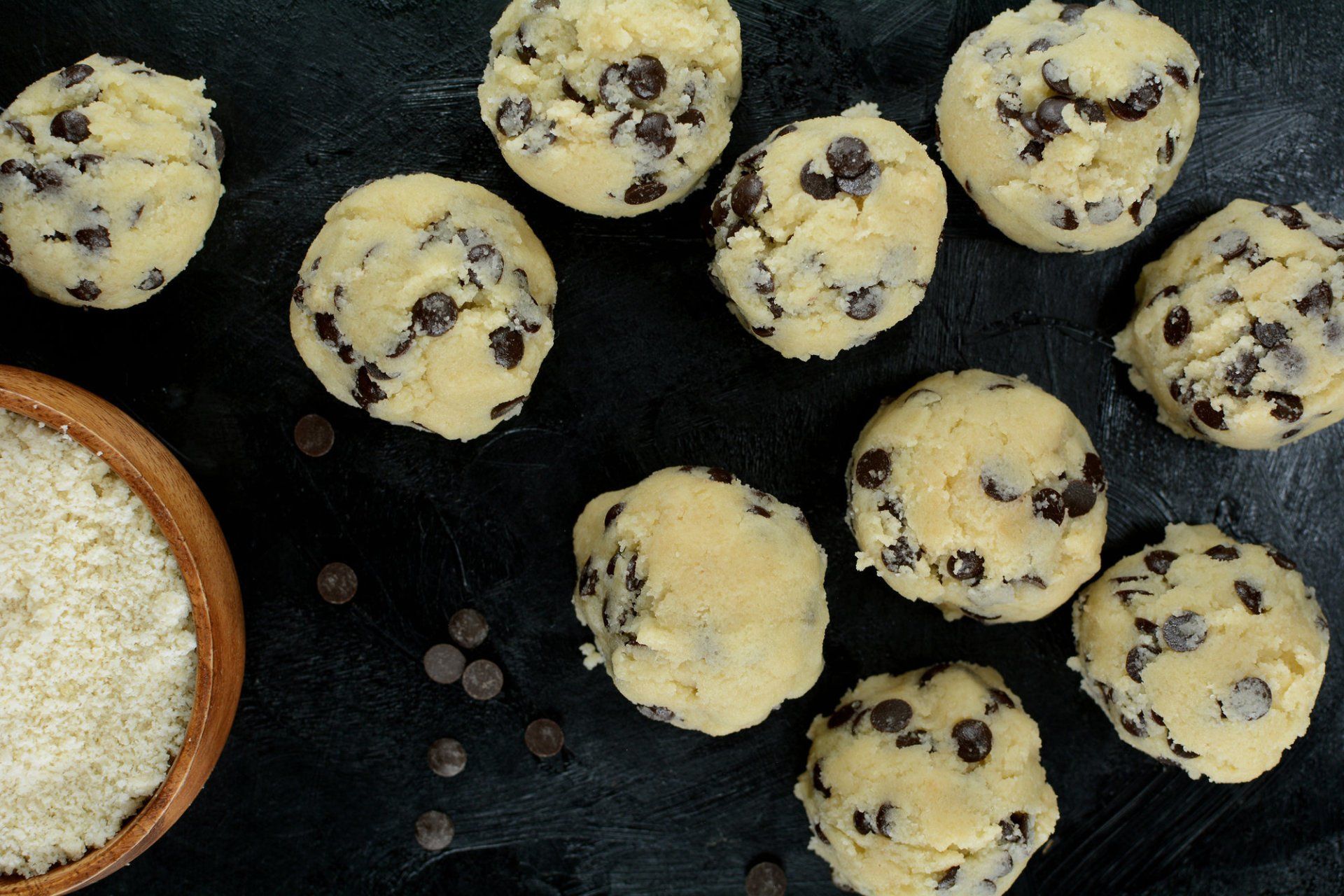
January 10, 2020
The keto diet is a very popular lifestyle that is well-known for helping followers lose weight and maintain a healthy lifestyle. It has also gained a reputation for its very strict dietary requirements. This leaves many concerned that they will no longer be able to indulge their sweet tooth or enjoy a treat from time-to-time. This is not the case. You've probably seen or even had fat bombs, yet many people may not really understand what they are. However, for those on the keto diet, they are an excellent way to maintain your lifestyle while treating yourself at the same time! This is your guide to fat bombs, the keto diet, and common pitfalls to avoid!

